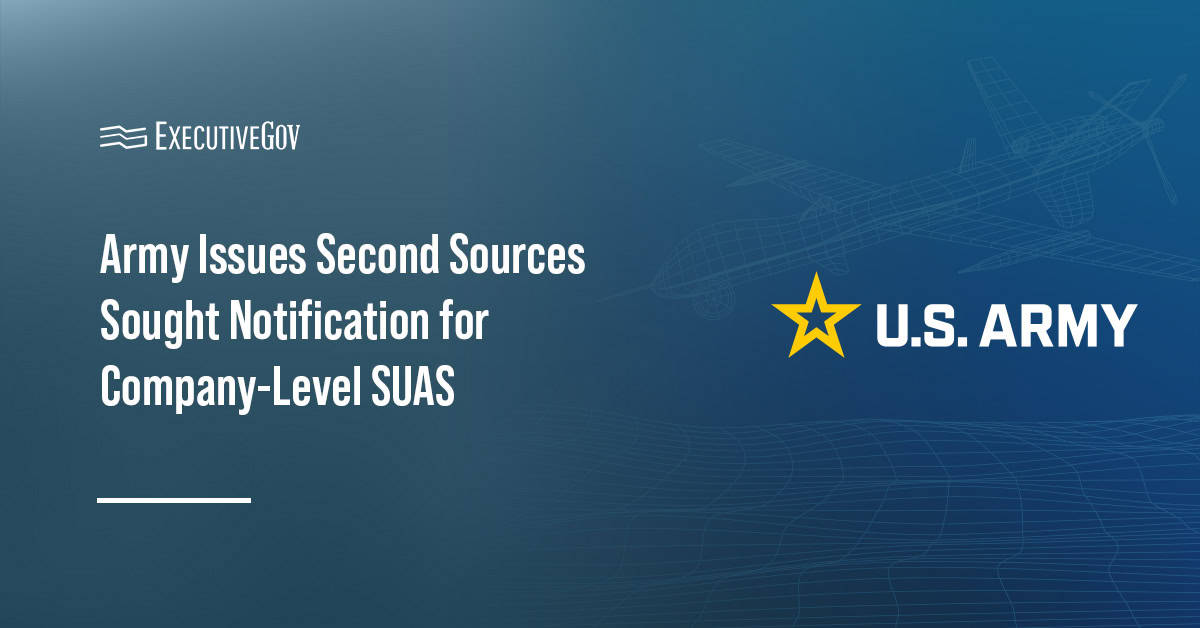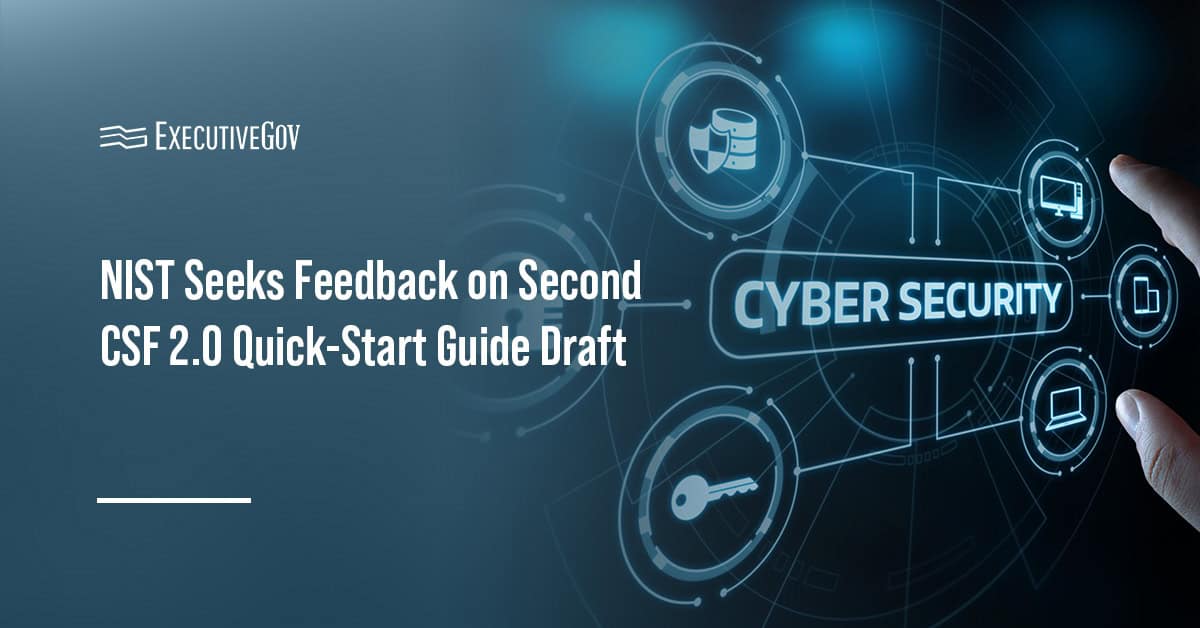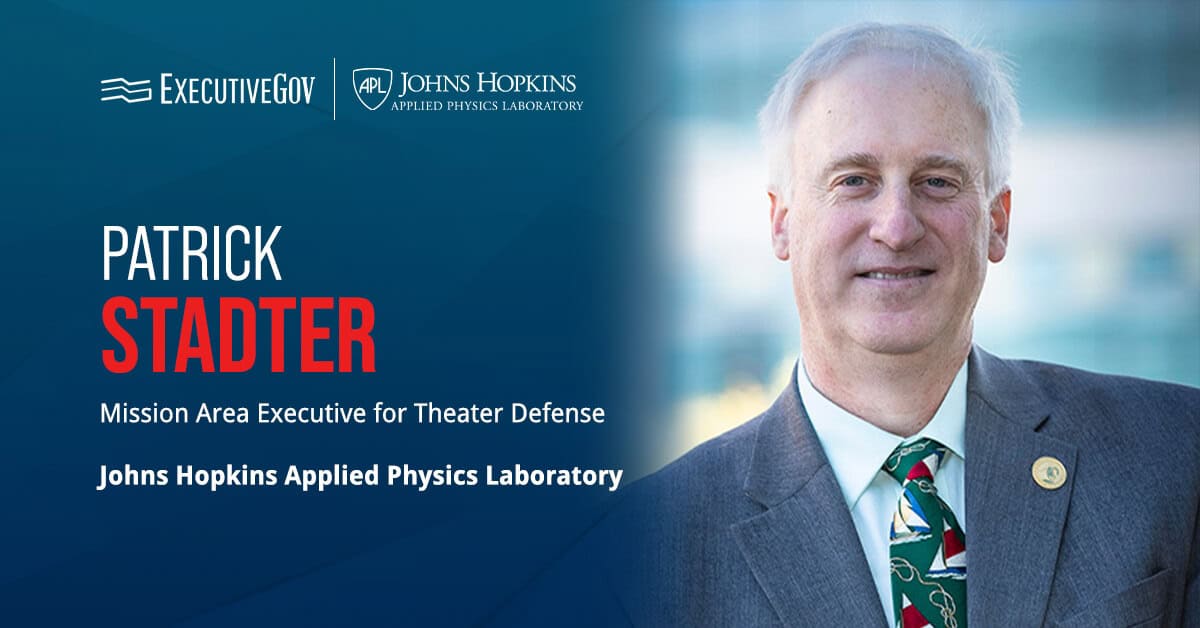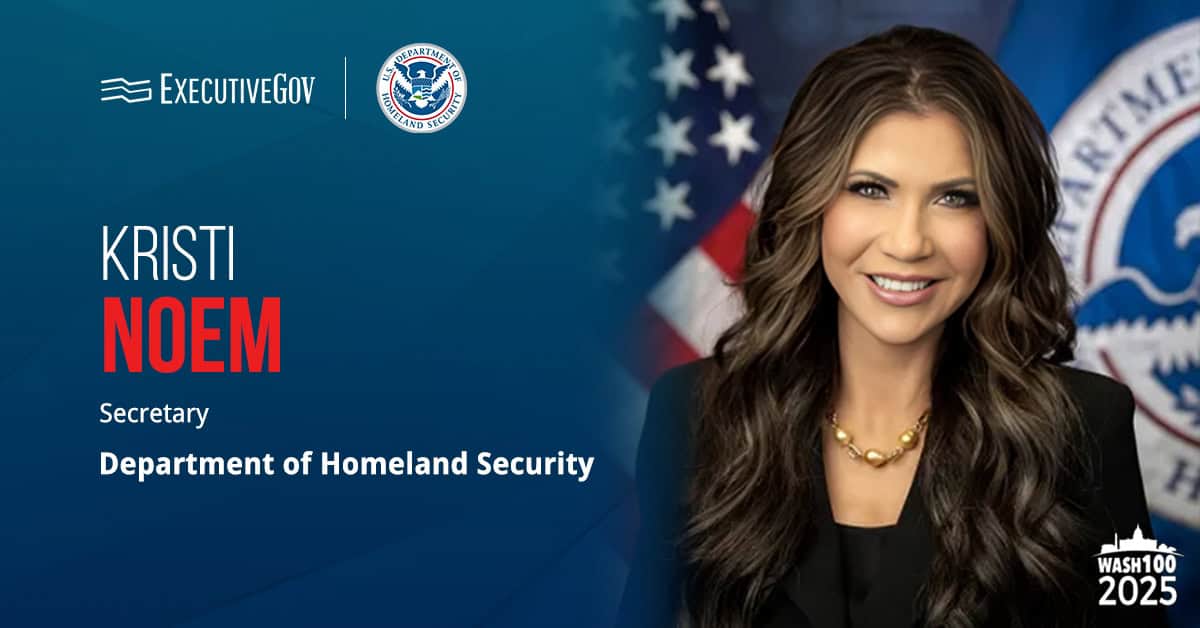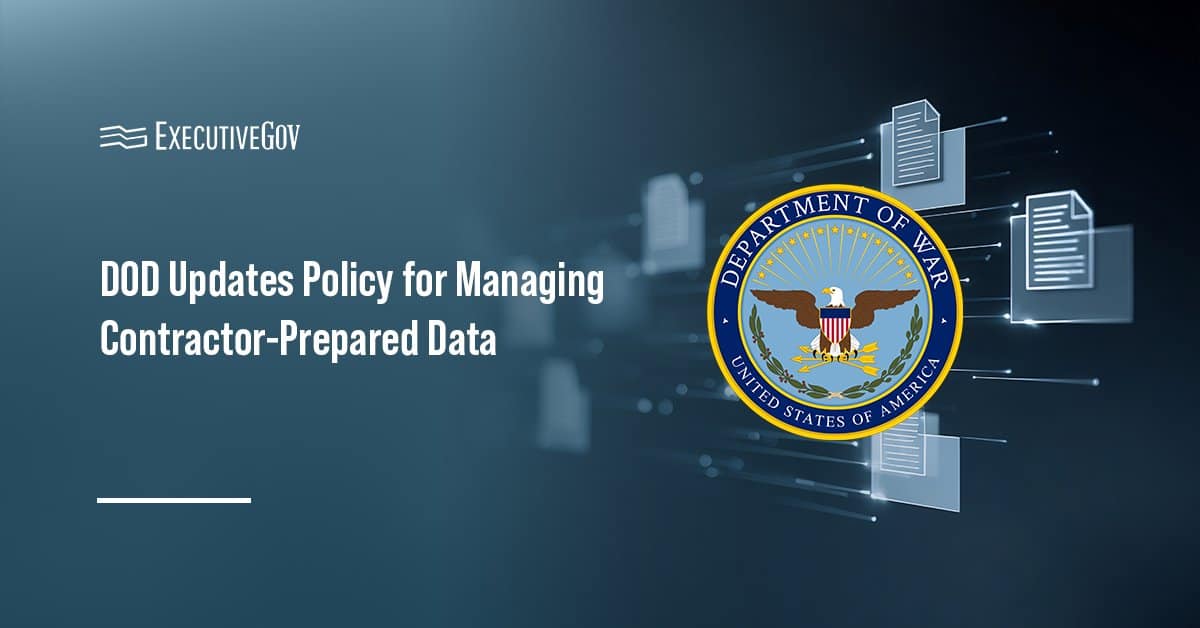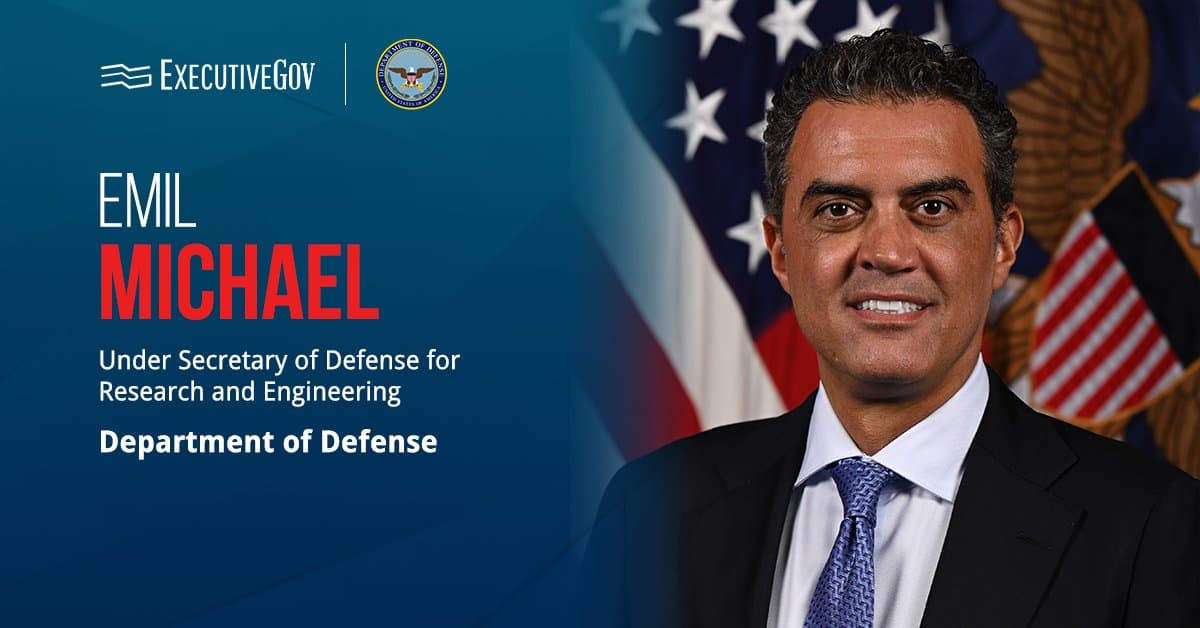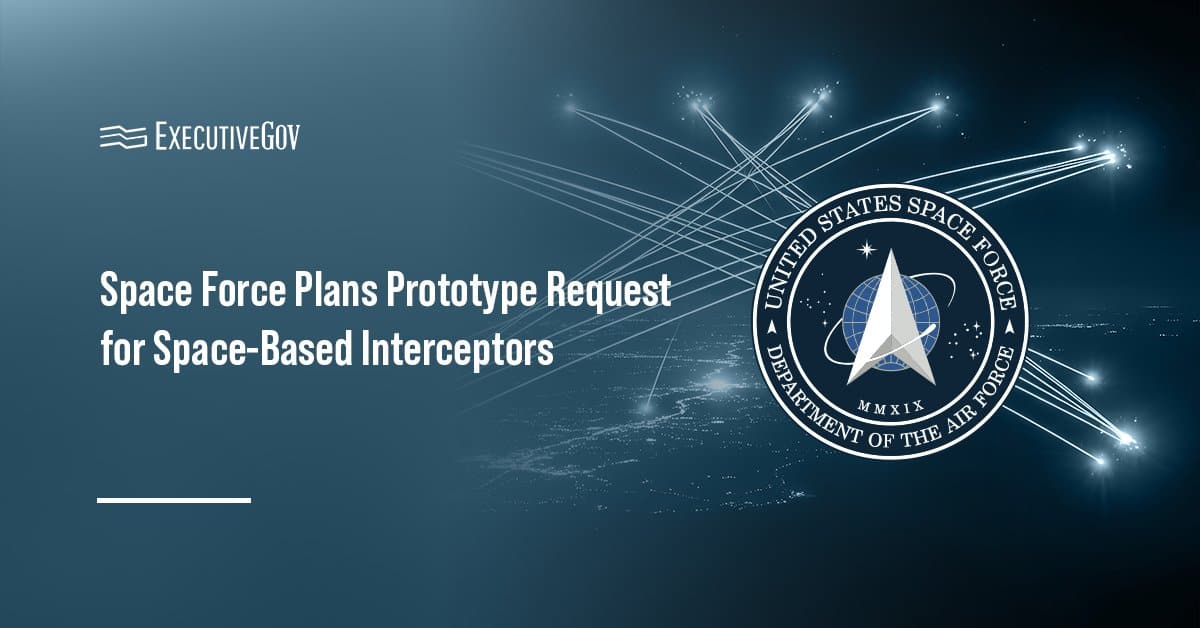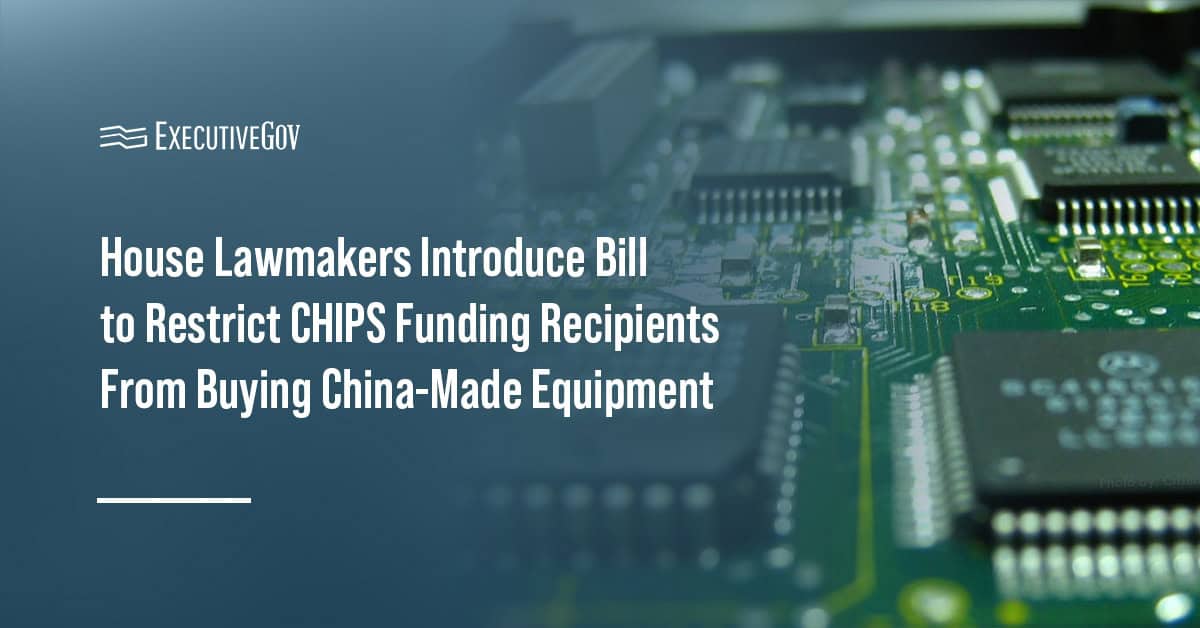The U.S. Army has released its second sources sought notification for the Company-Level Directed Requirement, or CoLvl DR, Small Uncrewed Aircraft System program.
Join industry leaders and government officials at the Potomac Officers Club’s 2026 Army Summit on June 18. Attendees will gain insights into how the revitalized Army is modernizing technology, streamlining contracting and strengthening a unified network.
The Army said Monday the SSN seeks to leverage industry innovation to advance SUAS technologies and fast-track their deployment to troops. The solicitation aims to determine how vendors’ software supports the Army’s Uncrewed Vehicle Control and Software Product Development Services initiatives, enabling integration with future programs like Medium Range Reconnaissance and building more adaptable SUAS systems.
Table of Contents
What Is the CoLvl DR Program?
The CoLvl DR program, which supports the Army’s Transformation in Contact strategy, provides commercially available SUAS capabilities to brigade combat teams for urgent operational needs. It treats the UAS as a full system rather than just an aircraft, enabling maneuver units to employ modular, reconfigurable and expendable payloads for reconnaissance, surveillance and target acquisition.
What Is the Role of the UAS Marketplace Strategy?
The UAS Marketplace Strategy identifies vetted commercial systems for the Army’s Marketplace Storefront, which is intended to optimize SUAS procurement processes and delivery of advanced capabilities, while fostering competition for SUAS technology. Industry responses to the SSN will help populate the Marketplace Storefront.


